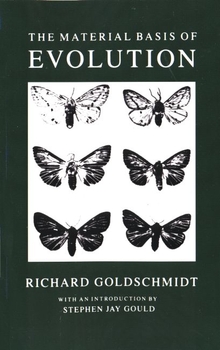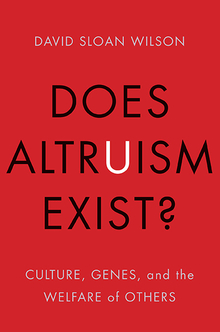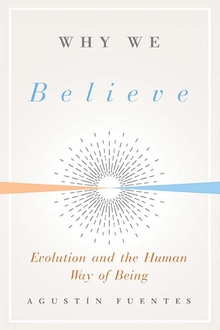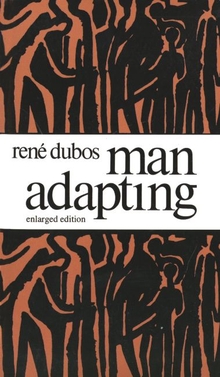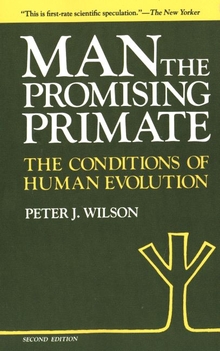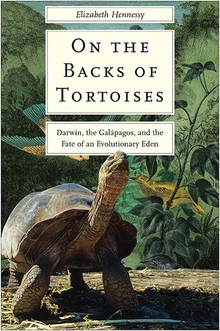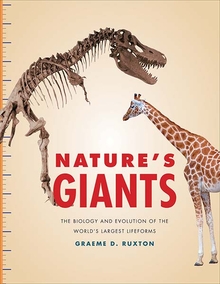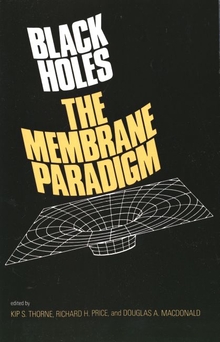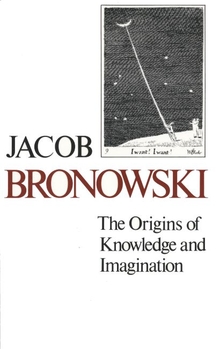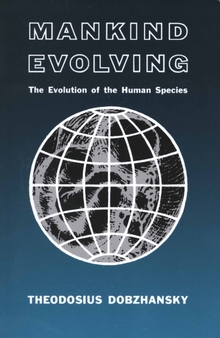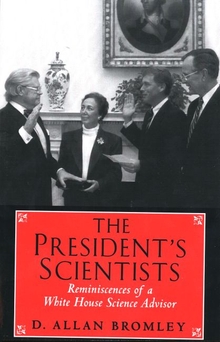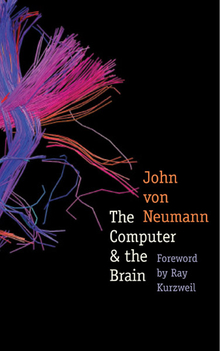The Material Basis of Evolution
WARNING
You are viewing an older version of the Yalebooks website. Please visit out new website with more updated information and a better user experience: https://www.yalebooks.com
Reissued
RIchard Goldschmidt
In his autobiography, published posthumously in 1960, Richard Goldschmidt wrote: “I am confident that in twenty years my [work], which is now ignored, will be given an honorable place in the history of evolutionary thought.” The publication of this edition, now reissued with a new introduction by Stephen Jay Gould, proves Goldschmidt’s prediction to be correct.
Goldschmidt, one of the world’s great geneticists, delivered the prestigious Silliman lectures at Yale University in 1939 and published his remarks in 1940 as The Material Basis of Evolution. His intent was to inquire into the types of hereditary differences that produce new species. Goldschmidt used a wide range of research to formulate his own picture of evolution. Contrary to most scientists, he insisted that the neo-Darwinist theory of micromutations was no longer tenable as a general theory of evolution. Instead, Goldschmidt claimed, macroevolution accounted for the larger steps in evolution.
Although Goldschmidt’s views were reviled by scientists of his day, some of his basic ideas are now gaining acceptance. As Gould writes in his introduction: “I do…believe that its general vision is uncannily correct (or at least highly fruitful at the moment) in several important areas where conventional Darwinian theory has become both hidebound and unproductive.”
Goldschmidt, one of the world’s great geneticists, delivered the prestigious Silliman lectures at Yale University in 1939 and published his remarks in 1940 as The Material Basis of Evolution. His intent was to inquire into the types of hereditary differences that produce new species. Goldschmidt used a wide range of research to formulate his own picture of evolution. Contrary to most scientists, he insisted that the neo-Darwinist theory of micromutations was no longer tenable as a general theory of evolution. Instead, Goldschmidt claimed, macroevolution accounted for the larger steps in evolution.
Although Goldschmidt’s views were reviled by scientists of his day, some of his basic ideas are now gaining acceptance. As Gould writes in his introduction: “I do…believe that its general vision is uncannily correct (or at least highly fruitful at the moment) in several important areas where conventional Darwinian theory has become both hidebound and unproductive.”
Richard Goldschmidt (1878-1958) was director of genetics at the Kaiser Wilhelm Institute for Biology in Berlin from 1913 to 1935, and the University of California, Berkeley until 1948.
ISBN: 9780300028232
Publication Date: September 10, 1982
Publication Date: September 10, 1982
438 pages, 5 1/2 x 8 1/4

